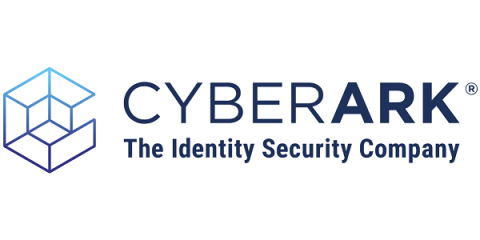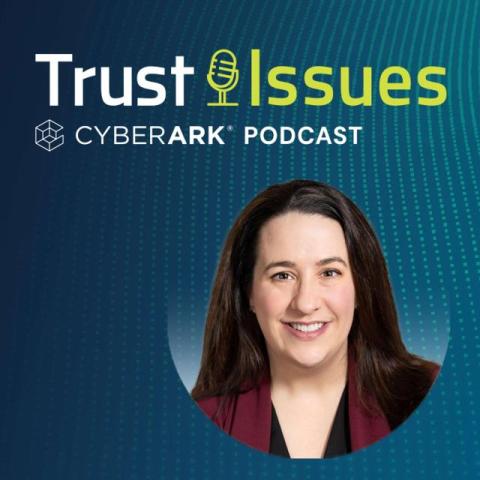How Identity Security Enhances Network and Endpoint Security
The intersection of identity, endpoint, and network security is becoming increasingly self-evident. Despite all their efforts, modern organizations continue to struggle to safeguard their data and prevent unauthorized access. The Verizon Data Breach Investigations report for 2024 continues to highlight that human elements were a component of 68% of breaches.










